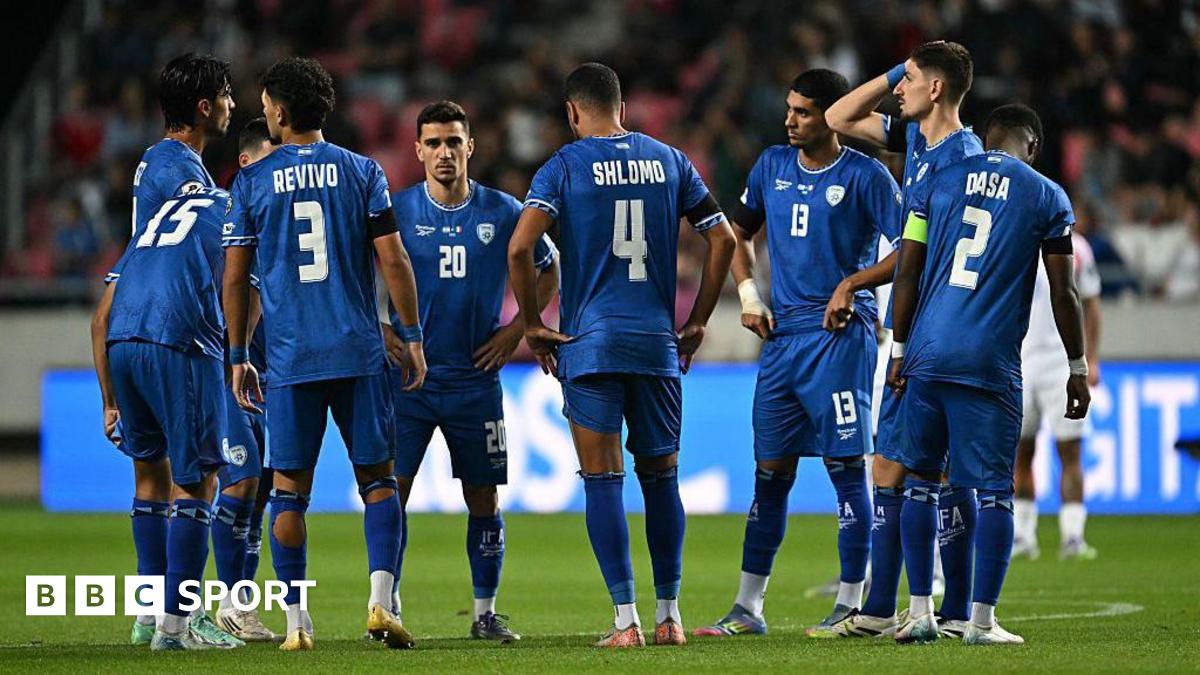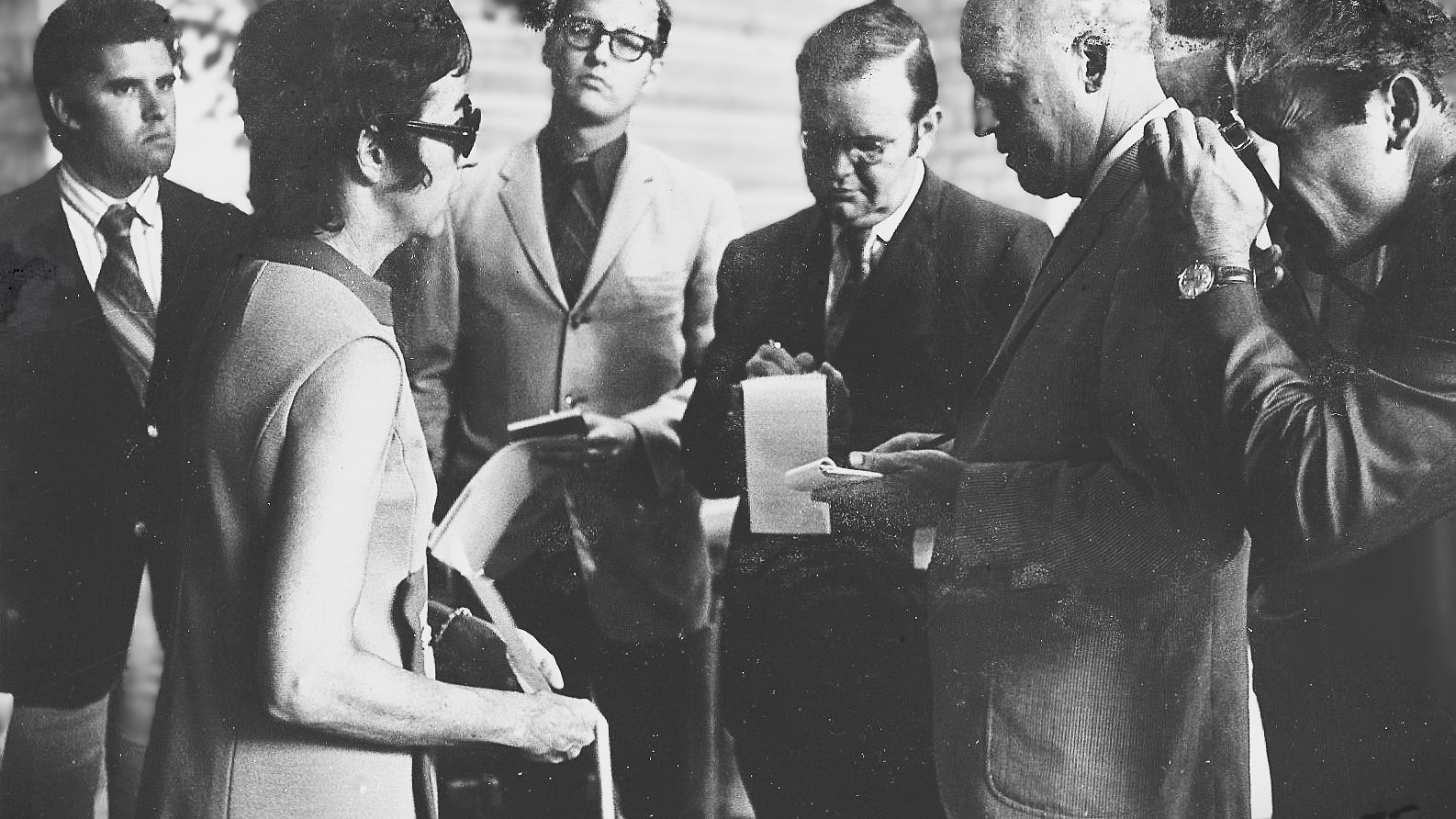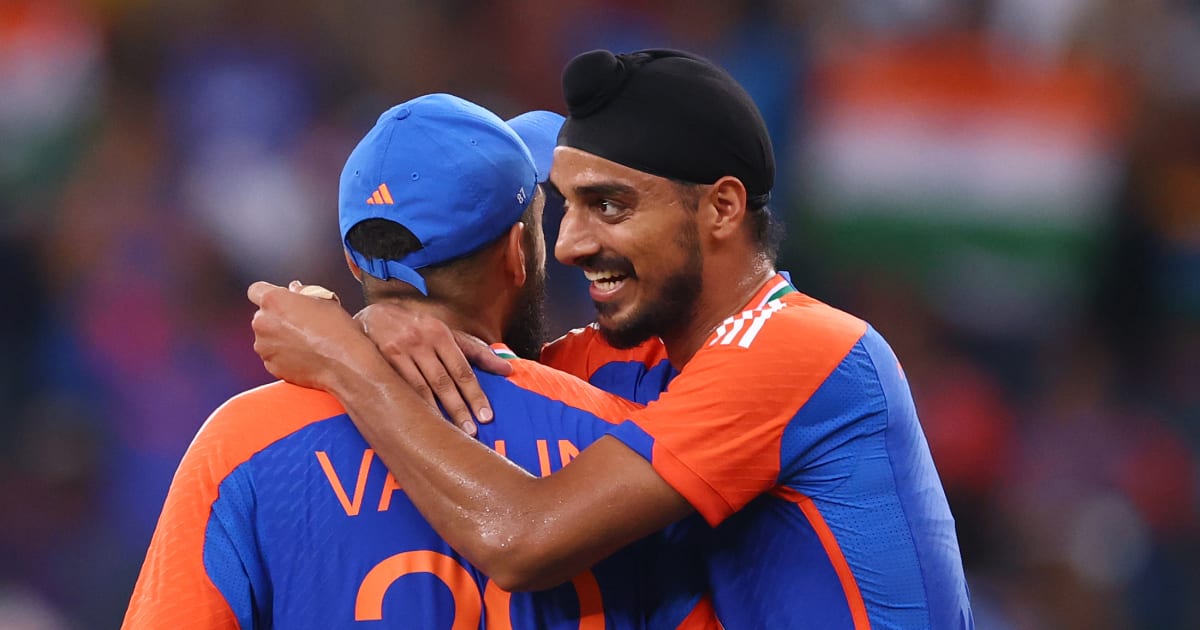Sold-out Twickenham cements UK’s place as global home of women’s sport

One way or another, the Women’s Rugby World Cup will be done by Saturday evening. The final whistle will mark the end of the beginning of a series of major women’s sports events that are being staged in the UK over the next decade. From June next year the country is hosting the Women’s T20 World Cup, and in July 2027 it will hold the Grand Départ of the Tour de France Femmes. It is also bidding for the World Athletics and Para Athletics Championships in 2029, the Netball World Cup in 2031 or 2033, and, the cherry on top, has an unopposed bid in for the football’s Women’s World Cup in 2035.Whisper it, but the UK has quietly become the best venue in the world for women’s sporting tournaments. Which feels like a rare and precious thing in 21st‑century Britain: a reason to be cheerful about the state we’re in.This Rugby World Cup didn’t just pass the total tournament attendance set in New Zealand back in 2021, it tripled it. More than 440,000 tickets were sold, which was 100,000 more than the organisers’ target for the competition. There will be more than 80,000 at Twickenham for the final. Canada v England will not just be the best-attended match in women’s rugby, but one of the biggest crowds in the history of women’s sport. At a time when so many countries around the world are having to withdraw bids for mega-events because of a lack of popular support, the British public are turning out for them in hundreds of thousands.“No other nation buys more sports event tickets per head than the UK,” says Esther Britten, who is the head of major events at UK Sport. “I think people have a huge desire to experience that joy, and to feel that smile on their face, and do it while actually feeling safe and included at stadiums.”There is also no doubt that women’s sport is growing a new audience. World Rugby’s data shows that 30% of the people who attended this World Cup had never been to a rugby match before. Anyone who attended a game has seen that the crowds included more women and children than you typically get at a men’s game.It was only 15 years ago that this tournament was being played in front of crowds of 2,000 at Surrey Sports Park. The competition has shot up since and the strategy behind this edition, which was designed as a kind of rolling roadshow stopping off in a new corner of the country each weekend, means the benefit has been spread around England. This was deliberate. The funding was predicated on the money being spent outside London. “Northampton, for example, had never really hosted events of national significance before,” says Britten, “but the response that they’ve given has been phenomenal.”The tournament has provided a sense of growth, and good feeling, everywhere it’s been.“I think of it as positive societally, positive economically, and positive for sport,” says Britten. “And that is really quite unique. Not many countries have that blend of societal, economic and sporting benefit.” She’s right. Bids for sports events are often predicated on the economic impact they will have on the host cities, which tend to rely on spurious estimates. The UK does this too. “But we also see these events as an opportunity to drive civic pride, and to make people happy, and provide inspiration,” Britten adds.A lot of this is a legacy of London 2012, which added up to a wonderful summer of sport and not a whole lot more. “One of the big lessons from 2012 was that commitments have to be made in advance of the event,” says Britten. “If I look back to 2012, people were still talking about legacy on the day the event took place. There was a commitment to that funding staging the tournament, but there wasn’t a commitment to funding what happened after it. But we’ve made that the norm now.” More than £14m has already been distributed to the women’s rugby community in the run-up to this World Cup.Britten is as concerned with the positive social effects. She points to the volunteering programme as a good example, but you can also see it in the number of opportunities for women to be employed in key roles around the event, from the all-female ground staff at Twickenham this weekend, to the female DJs, bands and artists working in the fan zones, to the female executives on the organising committee, to the female police officers who were put in charge of security, never mind the players themselves. A lot of these opportunities simply didn’t exist in sport 15 years ago. So an awful lot of kids in this country have had a lesson in what’s possible over the last five weeks.









